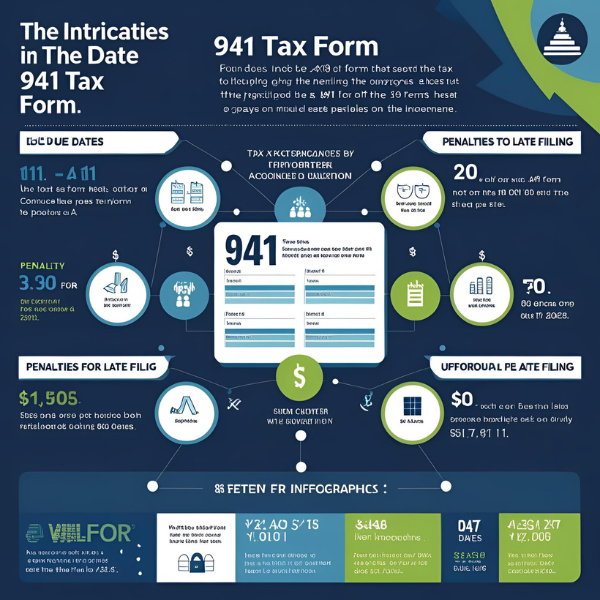
Capital gains tax on sale of farm property
The selling of farmland is a momentous occasion in the agricultural industry. It signifies the conclusion of years of toil and financial commitment. Here steps in the concept of tax, particularly capital gains tax on sale on farm property. Even in the excitement of a well-executed sale, farmers must remember the financial ramifications, especially with regard to capital gains tax.
Get assistance from our city property tax resources here.
Comprehending Capital Gains Tax
Capital gains tax in sale of farm property is levied on the proceeds from the sale of any asset, including farmland. The modified basis of the property is deducted from the sale price to determine the gain. The initial purchase price and any subsequent enhancements are usually included in the adjusted basis.
Special Provisions and Exemptions
The tax legislation has exclusions and special measures that can lessen the burden of capital gains tax on sale on farm property. The Agricultural Property Relief provides acreage utilized for agricultural purposes with advantageous tax status.
This provision allows for the exclusion or reduced taxation of a portion of the capital gain based on a number of variables, including the term of ownership and the planned use of the earnings.
Qualifying for Agricultural Property Relief
The agricultural property must fulfill the requirements set out by the tax authorities to be eligible for Agricultural Property Relief. It usually entails proving that the land is being actively utilized for agricultural activities, such as raising cattle or crops. To qualify for the relief, the farmer also has to have held the land for a certain amount of time – typically many years.
Seeking Expert Guidance
Before selling their farm, farmers are highly encouraged to consult with our commercial property tax attorneys. Insightful advice on tax planning techniques can be obtained from these professionals.
Considerations for Succession Planning
Because elderly farmers want to leave a legacy for the next generation, selling agricultural land is sometimes closely related to succession planning. It is crucial to consider any potential tax ramifications for both the seller and the beneficiary when creating a succession plan.
A seamless transfer of assets and a reduction in tax obligations may be achieved with careful estate planning, which may include the use of trusts or gifting techniques.
The Bottom Line
It is important to consider the capital gains tax on sale on farm property, even if it can be a satisfying milestone for farmers. Farmers can maximize their financial achievements and negotiate the complexity of taxes. Study applicable tax laws, utilize exemptions and special provisions, and consult our specialists. Protecting your hard-earned wealth and ensuring a happy future for future generations depend heavily on careful tax planning.


